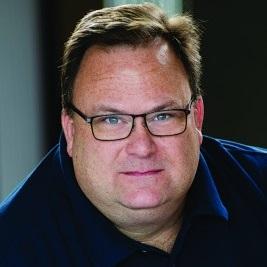CU’s Affirmative Action With A Twist; Hot Springs Help Grow Vegetables; A Poetic Take On Mother-Daughter Conflict
In 2008, the University of Colorado Boulder searched for alternatives to affirmative action; “race-neutral” ways to build diversity on campus. That change could protect CU, and even teach others, how to adjust as the Trump administration prepares to sue schools over affirmative action policies. Then, a mountain town has a creative use for hot spring water: growing vegetables. Pagosa Springs goes in for geothermal greenhouses. And, poems fraught with mother-daughter strife and love. A new collection of poetry and why its so accessible. Plus, why a Colorado ranch homesteaded by a teenage girl in 1886 will receive a special designation at the Colorado State Fair.










